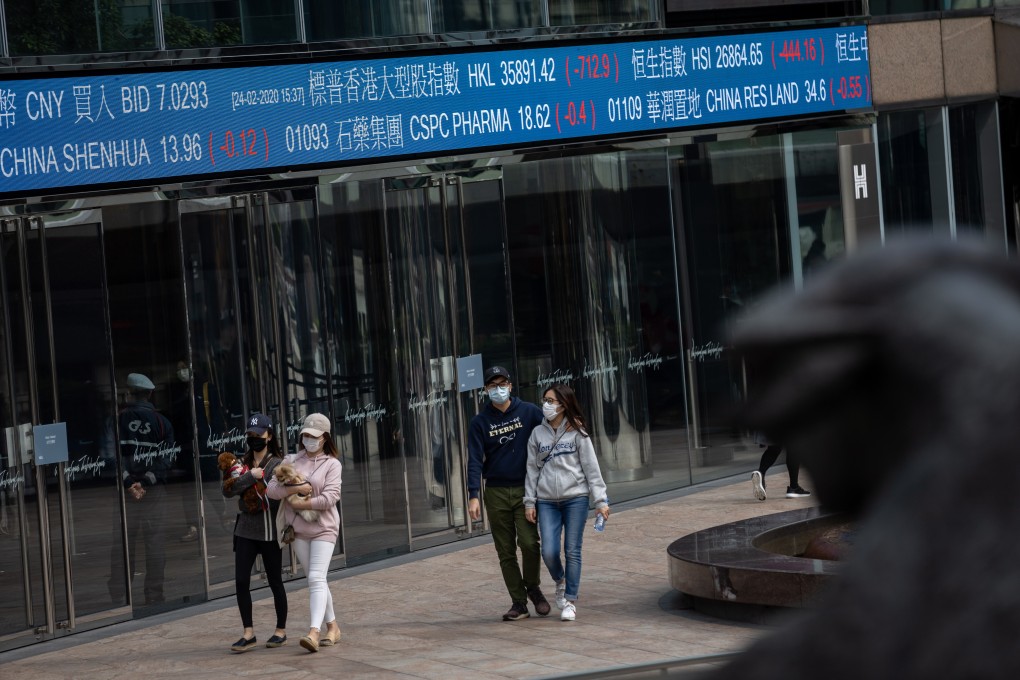Editorial | Coronavirus storm is adding to volatility in global stock markets
- Buy or sell? That is the question investors – big and small – are asking themselves as the global economy takes a battering

It would be hard to find two billionaires more unlike than Warren Buffett and Donald Trump. Yet, interestingly, the stock guru and American president both think the global stock market plunge is a buying opportunity.
Certainly, if you have a long investment horizon like Buffett or want a buoyant economy to boost your chances of re-election, it makes sense to take such a blasé view of the latest market rout.
Ordinary investors, though, may be forgiven for taking a much gloomier view. After almost two months since China revealed the coronavirus outbreak, stock markets have finally taken notice. The markets have certainly taken their time, but this doesn’t mean the panic is unjustified.
Hong Kong’s Hang Seng Index dropped weeks earlier than the rest of the world because of its exposure to the Chinese economy, which was already suffering from a steep slowdown before the outbreak.

The global market rout, however, came as Japan, South Korea and Italy reported what increasingly looked like domestic outbreaks.
The number of cases in Iran, including deaths, has suddenly shot up. Senior American health officials have warned that the spread of the virus is a matter of ‘when’, not ‘if’, in the United States.
